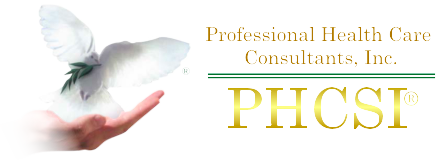Fore more inquiries, please call
- 888-534-8082 / 714-554-0878 / 949-681-8383
Fore more inquiries, please call
A person of any age can have syncope, which means fainting or passing out. It is a special concern in the elderly because of numerous underlying problems. Syncope is a fairly common: people pass put at least once in their lives. Still, it is always a potentially serious problem. Syncope can also be a sign of a serious medical problem.
Syncope, a loss of consciousness and postural tone, occurs when the blood flow to the brain is reduced for a few seconds. The brain’s blood flow can be interrupted for many different reasons, such as getting up from a chair too fast or facing the bright sun all of a sudden.
There are many signs and symptoms of syncope. A person having syncope is unaware that he or she has passed out and fallen to the ground. The person will only know after he or she gains consciousness.
Symptoms Before the Syncope Episode:
Care of Syncope:
Normally, after a syncopal episode, there should be a quick return to normal. There may be other signs and symptoms, depending upon the underlying causes of the faint.
Source: http://www.medicinenet.com/fainting

Professional Health Care Consultants, Inc., also known as Professional Health Care Services, is a family-owned caregiver referral and consulting business. We specialize in managing and developing small businesses in the Home-Care Industry for non-medical, custodial and around-the-clock care. We offer caregivers, families and their loved ones all different services and several options that are affordable for them.
PHCSI and “Your Loved Ones are Our Loved Ones” are Registered Trademarks assigned to Professional Health Care Consultants, Inc.
COPYRIGHTS © 2020 Professional Health Care Services. All Rights Reserved.